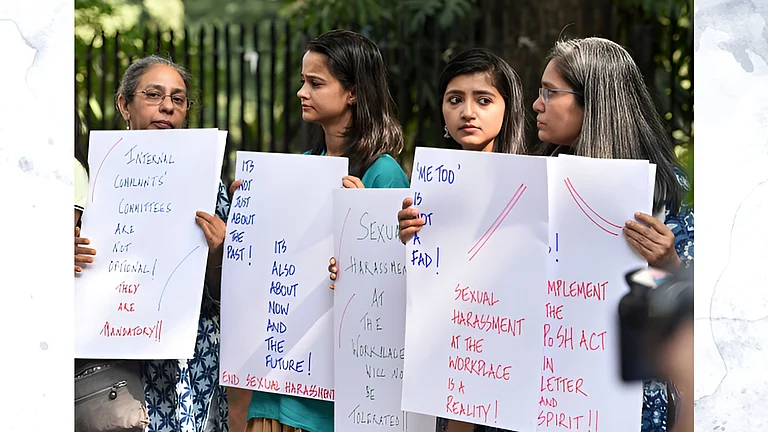The Special Investigation Team told the Kerala High Court that it has dropped all 35 cases pertaining to the Justice Hema committee report. The cases were scrapped as none of the victims came forward to record their statements, the Kerala government told a special bench of Justices AK Jayasankaran Nambiar and CS Sudha.
Hema Committee Report Cases Closed: Why Was The Committee Formed?
The Hema Committee was formed in 2017 following a complaint from a Malayalam woman actor alleging abduction and sexual assault on her in Kochi.
The bench took note of the SIT’s submission and stated that for now, no further action was needed in the registered cases. The SIT was formed by the Kerala government to probe the cases of sexual harassment faced by women in the Malayalam film industry.
Why was the Committee Formed?
The Hema Committee was formed in 2017 following a complaint from the Kerala-based Women in Cinema Collective (WCC), an organisation formed after a Malayalam woman actor came forward alleging abduction and sexual assault on her in Kochi. The three-member committee comprising retired High Court Justice K. Hema, former actor Sharada, and retired IAS officer K.B. Valsala Kumari submitted a 300 page report, which came to be known as the Hema committee report.
The committee submitted its report to the state government on December 31, 2029, which was not to be made public. The report was released to the public on July 6, 2024 after the Kerala High Court upheld the State Information Commission’s order to issue the report to RTI applicants. The report was released after redacting the information that could identify individuals mentioned in the report, as prohibited under the Right to Information Act.
What did the Report Reveal?
The report revealed the existence of a “power group” in the Malayalam film industry. It highlighted the presence of a casting couch where women were often pressured into offering sexual favors to secure roles or avoid being blacklisted.
“In the course of the study, we understood that the Malayalam film industry is under the control of certain producers, directors, and actors—all male. They control the whole Malayalam film industry and they dominate other persons working in cinema,” the report said.
The committee found significant gender disparities that were prevalent in the industry including remuneration and basic workplace safeguards. The committee included 17 forms of violations experienced across 30 categories within the industry that included sexual demands in exchange for work, sexual harassment and multiple forms of abuse and assault.
The report also shed light on the lack of basic amenities for women like toilets and changing rooms on film sets. It further mentioned the turmoil that women in the industry face and the fear of being blacklisted prevents them from speaking out about these issues. It also stated that several men in the industry were also banned for prolonged periods due to tussles with these “powerful lobbies.”
What Happened After?
After the report was released, several female actors came forward with harassment allegations and many actors and other individuals within the industry.
Following this, the state government formed a seven-member panel of high-ranking officers to probe the matter. A total of 120 FIRs were registered, of which 35 were based on statements given to the Hema committee. Out of these, a Chargesheet was filed in 26 cases.
During the hearing, the Kerala High Court asked Advocate General Gopalakrishna Kurup about the status of the legislation to prevent the cases of sexual abuse in the Malayalam film industry. The Advocate General informed the court that it would be drafted after consulting with all the stakeholders during a film conclave scheduled for August 2025.
